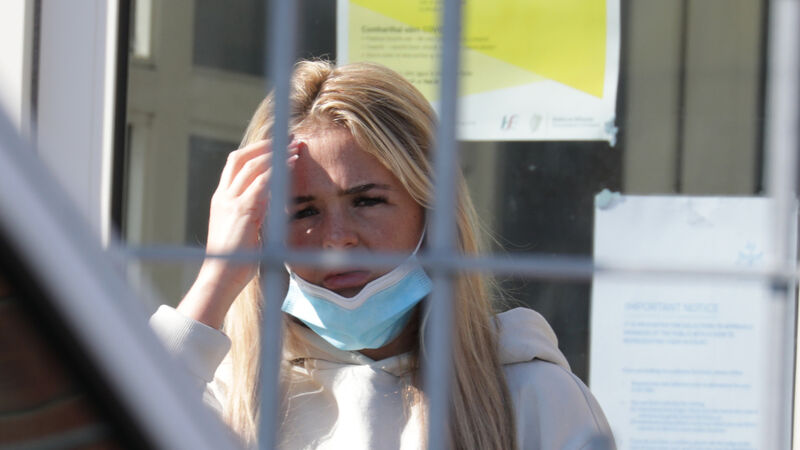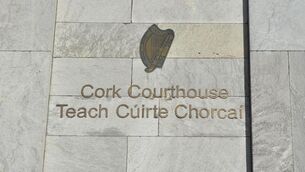State rejects claims that hotel quarantine measures during Covid were unconstitutional

Kirstie McGrath (pictured) wants her prosecution for breaches of the Health Act halted by the High Court. File picture: Paddy Cummins/IrishPhotodesk.ie
The State has rejected claims that measures brought in to combat the spread of Covid-19 and being challenged by two women who refused to quarantine at a hotel on return from Dubai in 2021 are unconstitutional.
The actions have been brought Niamh Mulreany (26) and Kirstie McGrath (31) who want their prosecutions for breaches of the Health Act halted by the High Court.











